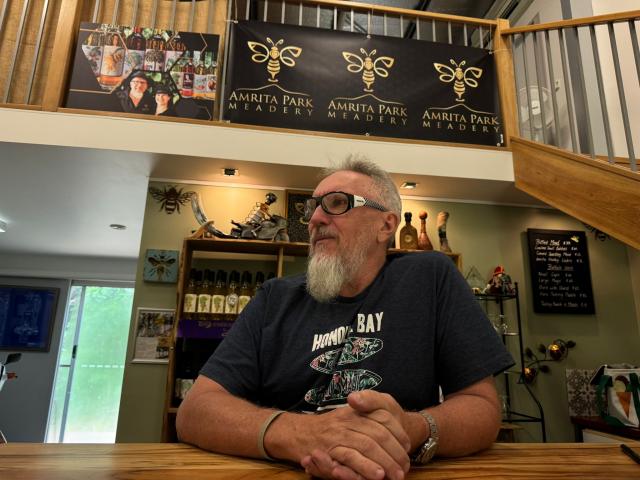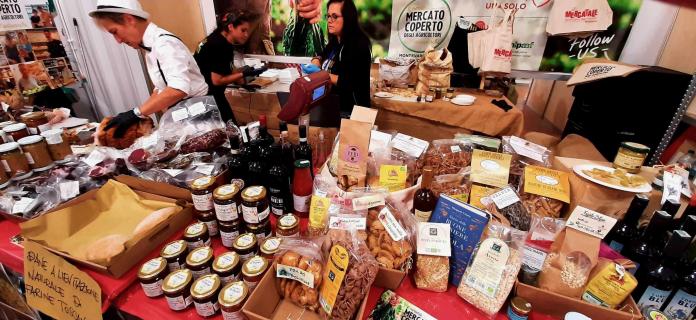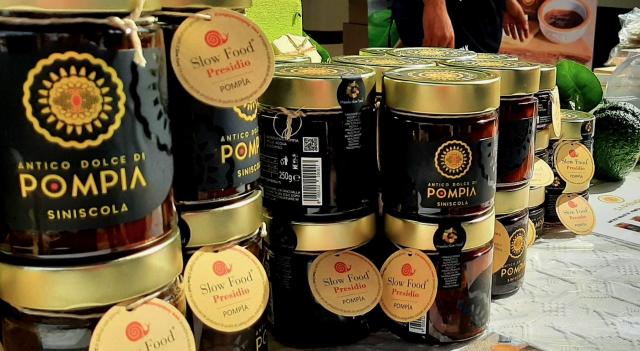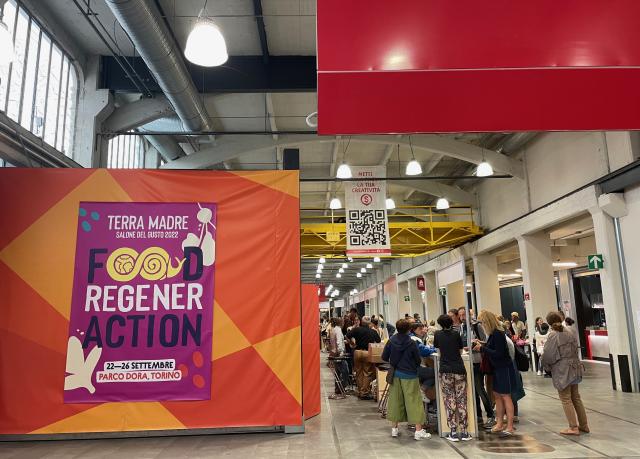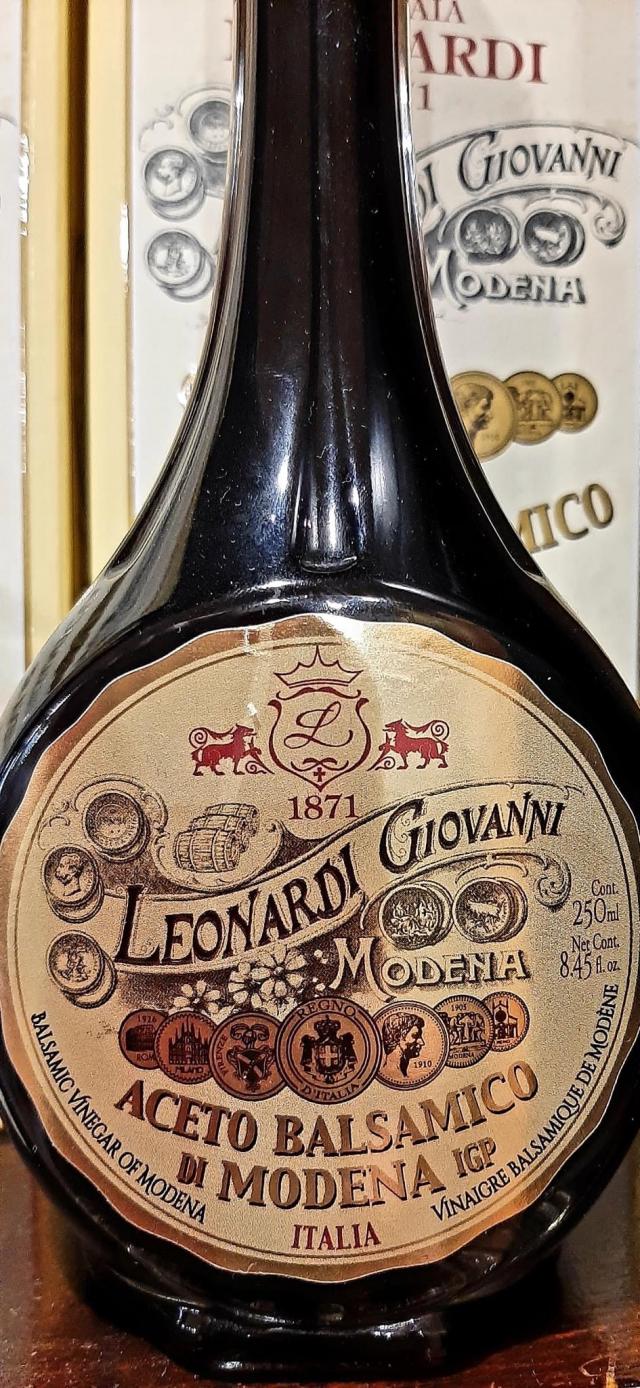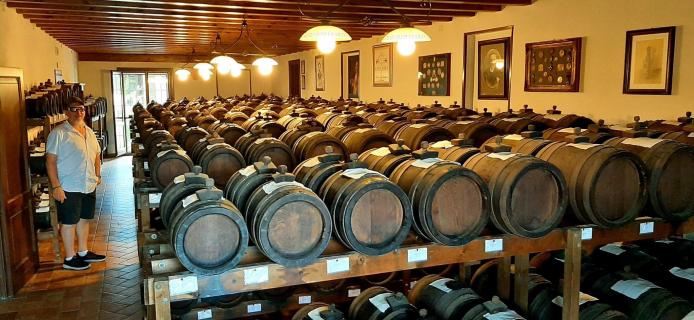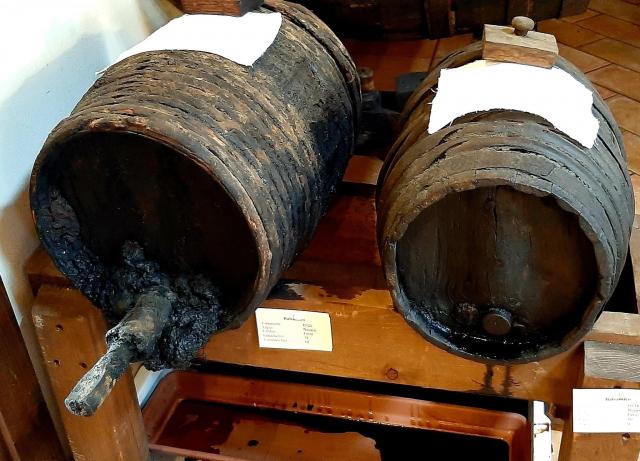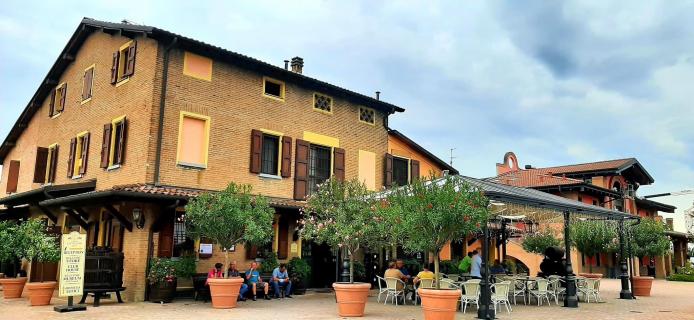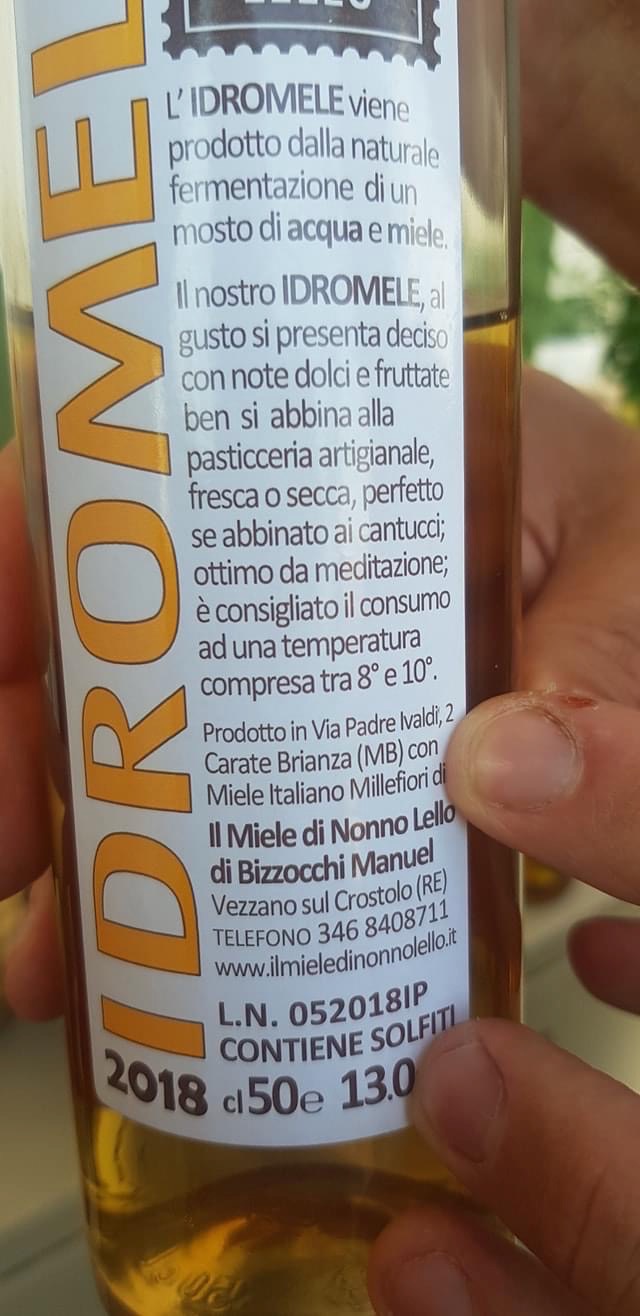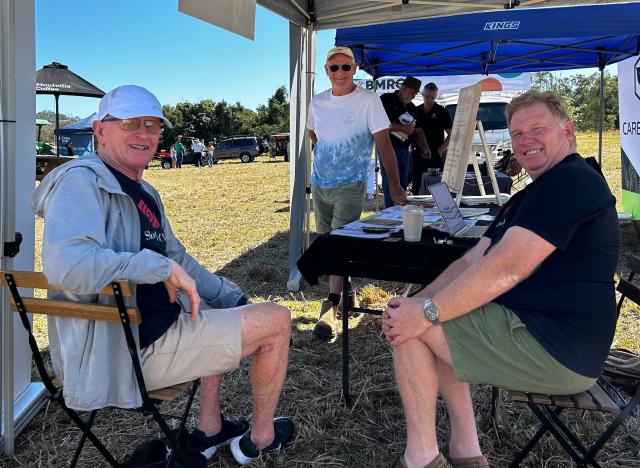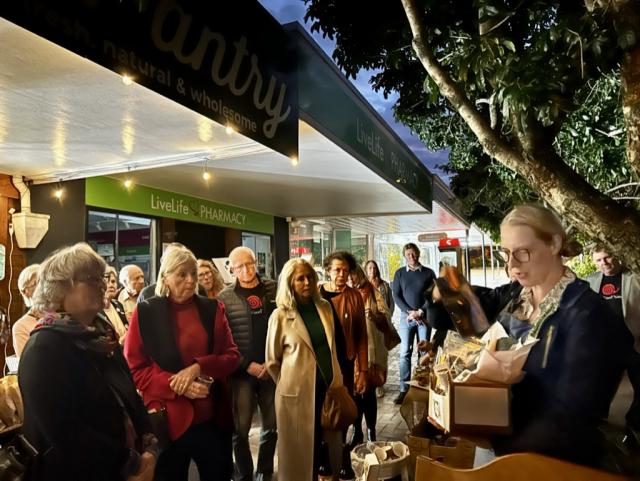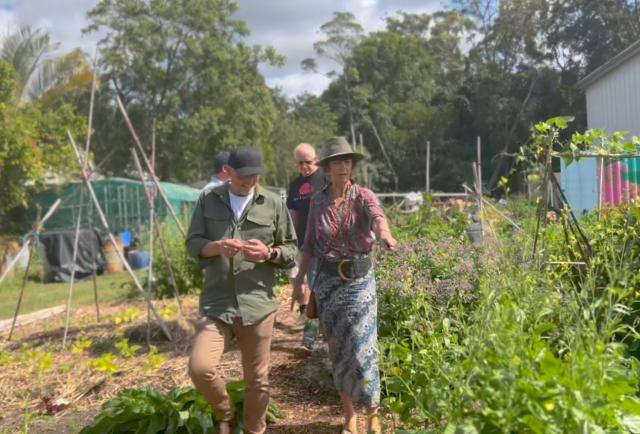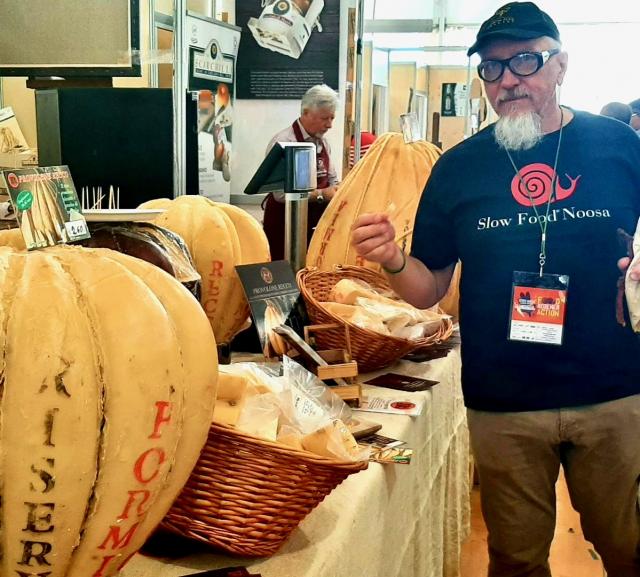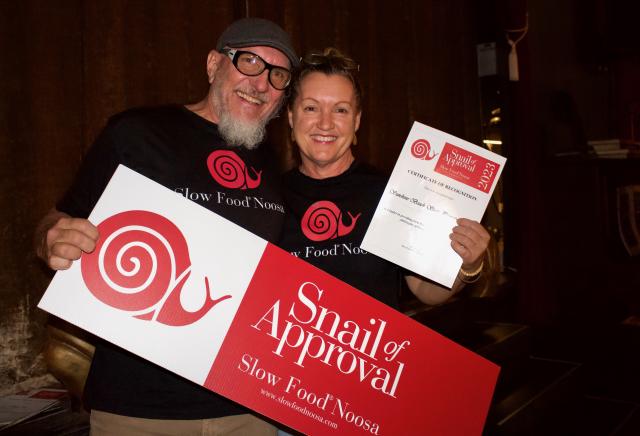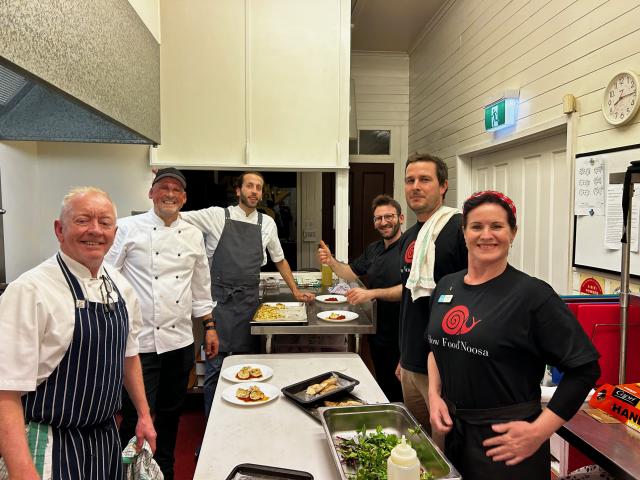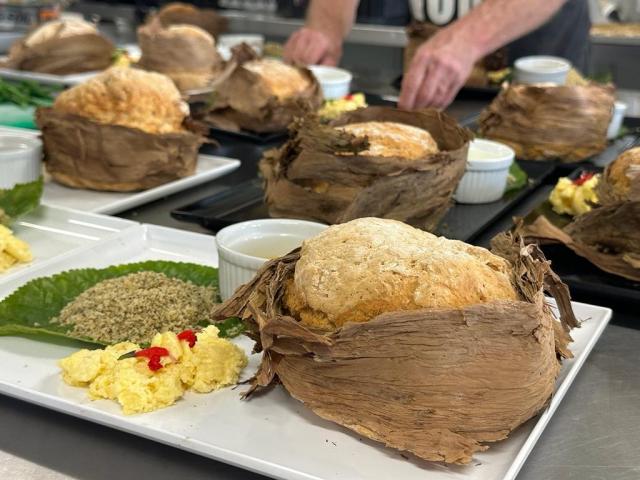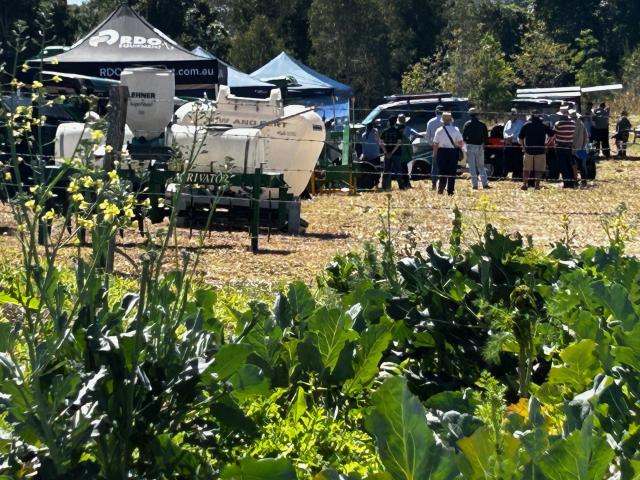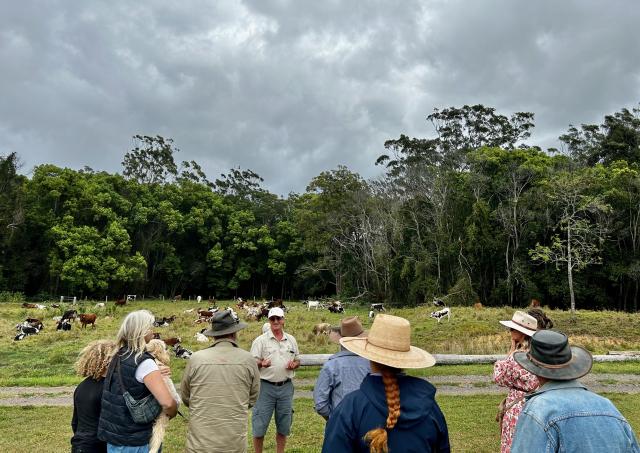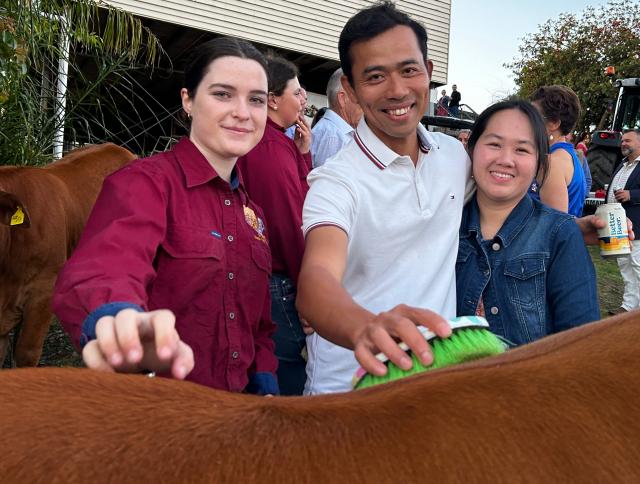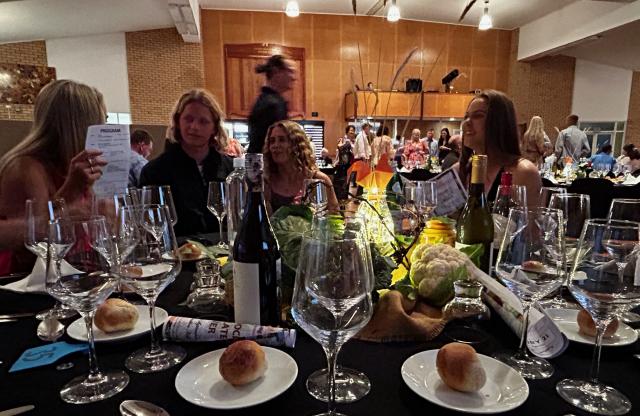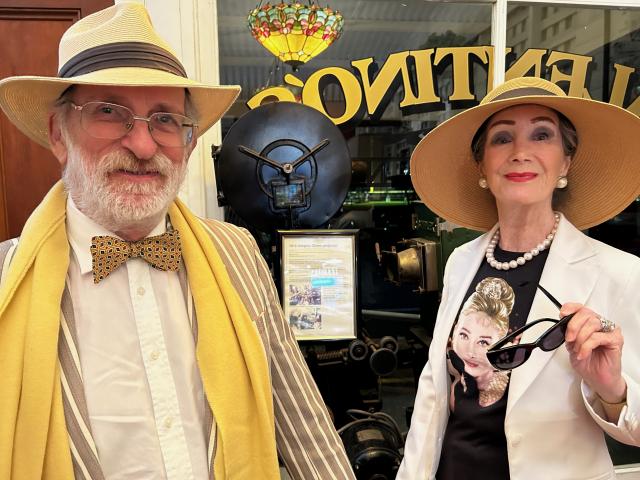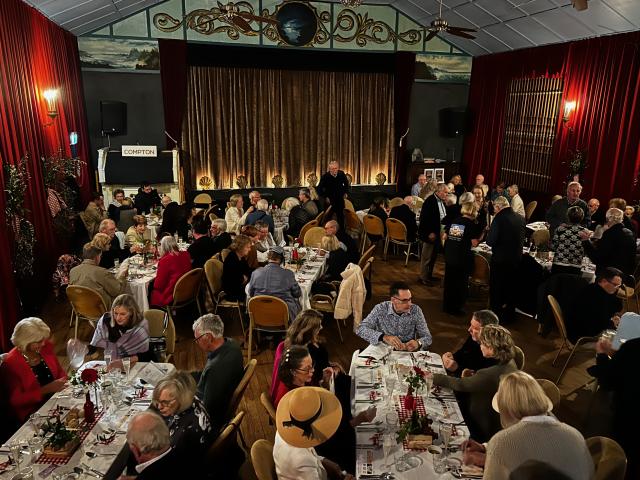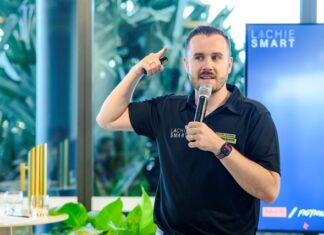Healthy soil, pure water and clean air are necessary for good food production, leading to overall health and a sustainable environment.
As incoming Slow Food Noosa president for 2024, Andy Coates aims to support farmers, restaurants and producers, and at the same time focus on the environment and the need for good, clean and fair food for everyone.
This overarching message from Slow Food International, with members from more than 160 countries around the world, must also be passed onto the younger generations.
Slow Food Noosa is doing this with its Snail Kids program which runs in schools within the Noosa region and Gympie.
This initiative, managed by Slow Food member and Sunshine Beach primary school teacher Di Seels, has attracted significant recognition from fellow teachers as well as parents of students.
Andy has also made fairness in farm gate prices for farmers a priority for 2024.
This is on an equal footing with encouraging the education of younger generations and school children on the benefits of healthy food.
Andy and partner Nicola Cleaver established Amrita Park Meadery at Pomona seven years ago and have been active Slow Food members.
This has included Andy being a delegate to the 2022 Slow Food International bi-annual world conference, Terra Madre Salone Del Gusto in Turin, Italy.
He takes over as president of Slow Food Noosa from Wolvi berry farmer Jason Lewis, who has led Slow Food Noosa for three years and will continue in a membership liaison role.
There was significant stabilisation and growth in Slow Food membership and engagement in Jason’s time as president.
Founded in Italy in 1986, Slow Food is a global movement of local groups and activists united by the common goal of ensuring everyone has access to good, clean and fair food.
For Andy Coates, his passion for a clean, healthy environment coupled with his acumen should come as no surprise.
He learnt the art of mead making through generations in his family. But he also has a background in aircraft engineering, highlighting several issues facing communities today.
For example, in his roles in Australia and New Guinea, he had first-hand experience as far as the impact of fly-in, fly-out services on the communities, but also the chemicals involved in that industry.
That contributed to his values around sustainability and healthy business practices.
In his role as Slow Food Noosa president Andy wants to identify the connections that Jason Lewis has as a farmer with members.
“I’m not a farmer, as such,” he said. “I will try to continue that aspect.
“Yet I’m all about education.
“One of the biggest things I find when I’m talking Slow Food is to make people aware that we are part of a global movement, so I’ll be pushing for that aspect as well.
“Everything that Di (Seels) is doing with the Snail Kids program, has seen Noosa at the forefront of this program in Australia.
“We will be looking to the future and getting younger people involved as well as farmers and restaurants.
“It needs a shift back to regenerative farming – Regeneraction, which is what they called it in Turin.
“I’m concerned that so much produce and products are going to landfill. This has an influence on climate change.
“Education ties in with the consumers … there’s a lot of waste.”
The past year has seen an increased enthusiasm and level of activity within Slow Food Noosa.
A highlight was the screenings and panel discussions at Pomona and Noosa involving actress and farmer Rachel Ward.
Her film about regenerative farming, Rachel‘s Farm, was a wonderful thing, Andy said.
It comes from farmers and producers getting involved and showing people that it is essential – whether it’s doing the shopping or at restaurants – to be aware.
“We want to foster that and grow that as part of the Snail Kids education program. There are many opportunities in Gympie, the Mary Valley and even Mapleton, Montville and Palmwoods.
“Getting into more schools, organising bus trips to the farms for chefs and retailers to get to know their producer and where the food comes from – is a real opportunity for us.”
The Gympie High School is a showcase for what it’s doing with its farm, and the paddock-to-plate dinners that involve students learning a wide range of industry-level skills.
“We will be looking at funding models in order to support the Snail Kids program,” Andy said.
That includes farmers and producers visiting schools to provide a more in-depth understanding of farming procedures, as well as interactive demonstrations of food production and the need for a clean, sustainable environment.
“That program will be a priority of the next few years. We will still be event-driven but it has to have some education segment in there, such as field days, farm tours, workshops and dinners.”
The popular film with food nights are another way of contributing to the understanding of food and the way we can reduce the reliance on chemicals in farming.”
For Andy, the visit to Turin in 2022 was a confirmation of the decision to join Slow Food.
It was the journey as much as the event, seeing the history of farming in Italy and the way they have such a strong community feel.
“Food has a connection, it has a history. It involves people and their stories – what they do, what their passion is, what they’re proud of.
“It’s about sharing information.
“We became involved with Slow Food Noosa after finding this property near Pomona.
“We fell on our feet as far as lots of produce was concerned – honey, fruit. There are a lot of people with farms nearby and we support the idea of utilising the produce from them.
“Within 12 months we had made our first batch of mead.
“We didn’t know anything about Slow Food Noosa until a customer came through and made us aware of a number of supportive groups.
“Slow Food immediately attracted attention as we share the same awareness of ethics.
“As a small business we were unsure about what the different organisations offered.
“No, it’s not about slow cooking or casseroles. We love our product and we want to keep it local, good, clean and fair.
“We love the whole Snail of Approval process in which producers are evaluated on their methods.
“We didn’t want chemical fertilisers and pesticides used. We chose the excess fruit.
“It’s been a matter of getting our product out there and having some fun at events and farm trails.’
Upon joining Slow Food, Andy and Nicola didn’t know much about Terra Madre in Turin, and what it meant in the way of collaboration on food and environmental issues.
How Slow Food conviviums from around the world were sharing knowledge and ideas for events.
Yet early in 2022 they received a phone call to pack their bags because they were heading to Italy for the festival.
“We took the opportunity to see a bit more of Italy and the producers; the milk and cheese producing areas of the Parma Valley, then up to the north to see the things they do with balsamic vinegar.
“We visited the Mutti tomato puree and sauce factory, and quite a few wineries.
“We were trying to track down some bee-keepers and mead-makers as well.
“What we found was much of the honey production was just for honey, as opposed to making mead and the like.”
A highlight was the visit to Included was a visit to Leonardi Balsamic Vinegar at Modena, in the Emilia-Romagna region of Italy.
The vinegar farmhouse Leonardi started its activity in the 18th century but it is from the middle of the 19th century that it has been specialised in the production of balsamic vinegar, using their own raw material.
One of the surprises at Terra Madre was discovering the pompia citrus from Siniscola on the island of Sardinia.
The rind of the fruit contains antioxidant substances and the leaves contain antimicrobial substances that kill listeria bacteria on foods.
It has become a presidium of Slow Food. It is most notably used in sa pompia intrea, a traditional dessert of Siniscola in which the rind of the fruit is candied and then covered with honey and served on an orange leaf. It is also used in various liquors.
NATURAL APPEAL
Andy’s attraction to Slow Food also came from the alignment of values in regard to the environment.
His grandfather was a commercial beekeeper and mead-maker in the UK.
He started making mead in the 1940s and the passion skipped a generation.
“I was supposed to become a beekeeper alongside my grandfather, south of Sydney; however, timing and opportunity saw me on a different path as an apprentice aircraft engineer in Rockhampton.
“It was a sliding doors moment. I would’ve got cranky with the whole bee-keeping idea at that age and stage of life – and done something else.
“I could see the issues applying to fly-in, fly-out enterprises and the amount of chemicals used.
“We felt anything would be a better way to do things, whether it was wineries or breweries and putting my own slant on things.
“I had this background and it was just waiting there.
“When Covid came along, that gave us a wake-up call; there’s no time like the present to go full time as a meadery.
“That was right through Covid, when we lost the festivals and lost cellar door sales.
“It was a matter of opening up Amrita Park as bad as the economy was, because if that was the worst thing that can happen then at least there would be something to eat and to drink.”
Andy was initially surprised when approached about becoming Slow Food Noosa president. Yet when he spoke with Jason Lewis about the role, he figured that busy people find time.
“The committee that we have now is a good blend of existing members and new people,” he said. “There’s a lot of enthusiasm and can-do attitude.”
SLOW FOOD STORY
Promoted as an alternative to fast food, Slow Food strives to preserve traditional and regional cuisine and encourages farming of plants, seeds, and livestock characteristic of the local ecosystem.
It promotes local small businesses and sustainable foods. It also focuses on food quality, rather than quantity.
It was the first established part of the broader slow movement, and speaks out against overproduction and food waste.
For Slow Food Noosa, 2023 saw engagement in a number of successful events, including GourMay, the celebration of food in the Mary Valley in the month of May.
GourMay has recognised their aims are very much aligned with Slow Food’s, and the 2024 event will most likely include some of our new Snails as well as some established ones.
Slow Food was again a part of The Big Rosella Festival at CC’s Kitchen in Woolooga at the start of May, which saw cooking demonstrations, farm workshops and tours, as well as local produce available.
The mid-year film night, held as part of Noosa Alive at Pomona’s Majestic Theatre, was extremely successful. It encapsulated much of what Slow Food is about – community coming together to share great food, great discussion and purpose.
Long-time Slow Food member and supporter chef Matt Golinski was in charge of the kitchen with an extremely enthusiastic band of helpers that included Glen from Pitchfork restaurant and the team from Lucio’s Marina restaurant at Noosa Marina.
Slow Food members were involved in Gympie State High School’s Paddock-To-Plate Dinner, featuring local produce as well as that grown at the school farm.
September saw Slow Food set up an information stand at Agvention, the regenerative farming field day at Kandanga Farm Store that keeps going from strength to strength as producers discover the benefits of this sustainable method of farming.
The Cooloola Farm Trail in 2023 saw producers open their gates to show the connection of paddock to plate. Those involved included Eastwell Farms, Noosa Black Coffee, Beenham Valley Passions, Purity Essential Oils, Lindols Macadamias and Fraser Grill.
There was the Pomona Street Food evening with pop-up events at three locations in the town, and a tasting night at Noosa Hinterland Brewing in Cooran.
In October, the Not So Oktoberfest with The Fermentier saw a selection of kombucha drinks and tastings of kimchi, sauerkraut and home-made cheeses presented at the cellar door. This was all set to events such as stomping kraut in the barrel and the traditional way of producing jarred cabbage.
The Oktoberfest event highlighted the way people can come together and learn about production, learn about the benefits of local, and enjoy the convivial surroundings when people of good intention come together to celebrate food.
The Film With Food event in November – again at the Majestic Theatre – was not just a celebration of food, but the way food can cut across cultural barriers. It saw Josh Smallwood of Noosa Cartel in charge of providing the food while Slow Food committee members provided the legs to help the kitchen and present the meal.
The Chevallum State Primary School’s Slow Food Expo saw family and guests highly impressed by the level of understanding of students from Years 4, 5 and 6, as well as the commitment of teachers, to the Slow Food philosophy – good, clean and fair food for all.
This event, open to parents, friends and the wider school community, certainly provides hope for a bright and healthy future.
Slow Food was involved in the Pomona Street Christmas Party and partnered with Kin Kin Community Market for their Christmas fair.
First event for 2024 was the Snail of Approval presentation dinner at Park and Cove restaurant, Peppers Resort, Noosa, on Thursday, February 15.
The dinner featured food sourced locally and from throughout Queensland, and included a trade display by Snail of Approval producers.
Events in March include a cheese-tasting night at Woombye Cheese while April will see the launch of a Slow Food Noosa Book Club.
As you can see, there are plenty of activities and events on the plate for the incoming Slow Food president and committee.

